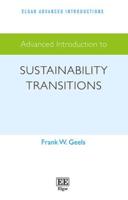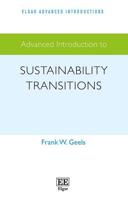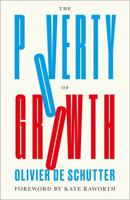Publisher's Synopsis
Capacity building is a topic of intense focus in many industrialized countries. This book explores the theoretical underpinnings of capacity building to sustain the natural, cultural and human resources of communities. It reviews the extensive literature on capacity-building strategies and policies and examines the implications of sustainable development in communities around the world. The book's approach is both theoretical and applied. It offers methods of operationalizing sustainable development and sustainability theories and explores capacity building methods at different levels of government. Successful practices in non-governmental and governmental agency roles are examined. By considering the path towards embracing whole, or partial, sustainability, it provides a comprehensive analysis and examination of how to build capacity in tackling many development problems, especially those linked to infrastructure accumulation and land-use development. Contributors shed light on the overall impact of globalisation and many concepts related to sustainable development and sustainability of the economic socio-cultural and environmental systems. This book:
· Examines the links between environment and sustainable development;
· Provides models for capacity building;
· Considers the role of globalization in sustainable development;
· Renders a theoretical and applied examination of the issues;
· Provides multidisciplinary and interdisciplinary approaches.
This book is recommended for research libraries, for graduate studies in economic development, sustainable development, environmental management; and undergraduate studies relating to developing and emerging countries. It is also useful for government officials, researchers, decision makers and policy analysts involved in sustainable development.









